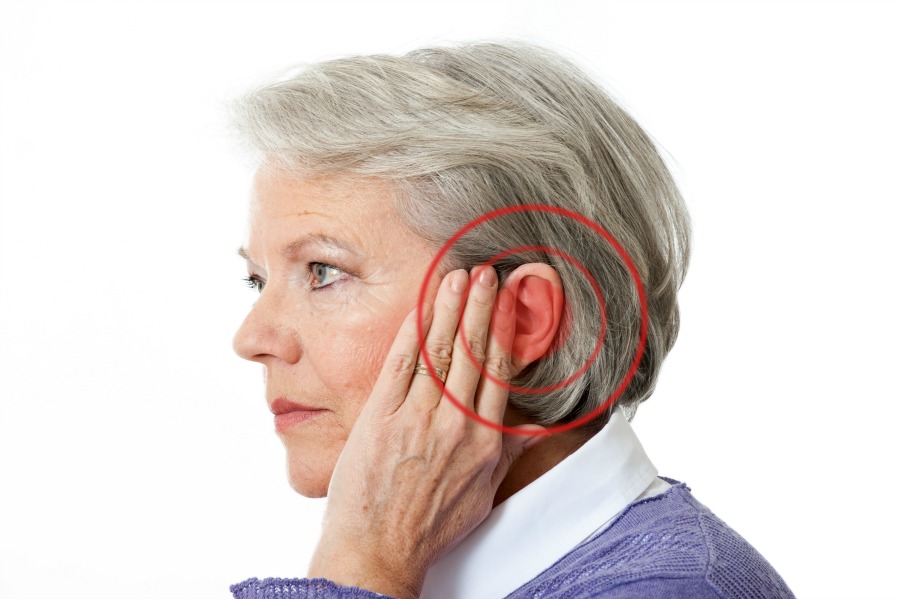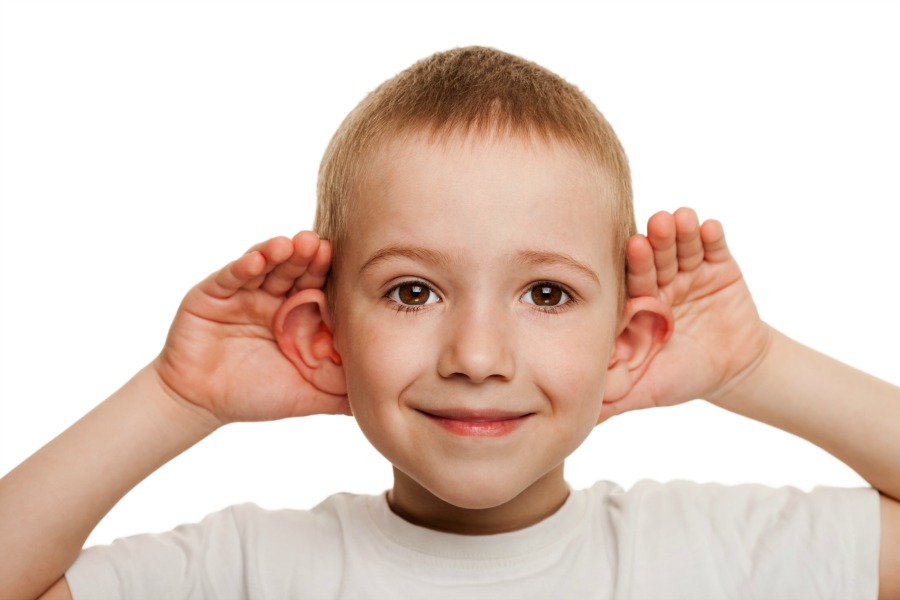Tinnitus may sound like a very scary disease but there are many people that have it and continue to lead normal lives. Tinnitus is not a deaf sentence for your ears and it can occur naturally due to the aging process. Whether you believe you may have tinnitus or not, it’s important to understand the causes, the risks, and the treatment options.
Tinnitus occurs when a person can consciously hear a noise that is not created by a source outside of the body. In almost all cases the sound is subjective, meaning only the person with tinnitus can hear it. Generally, the noise is a high-pitched and constant ringing in the ear. Though irritating, this form of tinnitus is not usually very serious and can be dealt with.

A potentially more serious form of tinnitus can sound like a heartbeat. It could indicate the presence of a tumor in the head, neck, or the ear. This type of tinnitus requires a medical evaluation as soon as possible.
The damage of or loss of the tiny sensory hairs in the cochlea of the inner ear is the most common reason for tinnitus. These sensory hairs can become fragile with age, or become damaged by prolonged exposure to extremely loud noises.
Use of some medications like aspirin or ibuprofen, and certain antibiotics can also lead to inner ear damage, which can also result in tinnitus. Other probable causes include head and neck injuries, ear infections and earwax, or a foreign object touching the eardrum.

Tinnitus is a common issue with many people today. As opposed to the scientific reason for developing tinnitus, there are also many risk factors that can make you more susceptible to developing it. Some of the risks include:
Noise Exposure (from headphones or concerts)
Smoking
Stress
Arthritis
Asthma
Thyroid disease
It is important to go to a otolaryngologist to be thoroughly examined in order to determine if you do, in fact, have tinnitus.
Unfortunately, there is no cure for tinnitus. People who have it tend to try and ignore it or tune it out. Not focusing on it tends to provide substantial relief. if you find that this does not work for you there are other alternative methods you can try to help lower the irritation of it.

Some of the other methods that you can try are:
Sound Therapy: This is a broad spectrum of things. Try having low background music or even white noise to try and drown out the sound of the ringing by giving your ears something else to focus on.
Tinnitus Retraining Therapy (TRT): TRT involves retraining your auditory system with the help of a professional and a device that emits low level white noise. This will help to train your system to no longer recognize the tinnitus as a foreign sound. This treatment does require rigorous counselling sessions and is entirely dependant on your mental health.
No matter what, if you feel you have, or are developing tinnitus, you should be checked out by a professional. Although tinnitus can be annoying, it can be ignored and eventually forgotten. Your body will be able to adapt to it and you can continue to live your life normally.
-5.png)
Adopting hearing aids early — when hearing loss begins to affect daily life — offers several powerful benefits. Delaying hearing aid use can also have unintended consequences — some of which are hard to reverse later. Here...
Read More-4.png)
One of the biggest questions around hearing aids is how to pay for them, which agencies provide assistance, and who qualifies for which assistance. Let’s break it down! Alberta Aids to Daily Living (AADL) This is...
Read More
Introducing Our New Financing Options At Academy, we are committed to providing our clients with the best possible service and support. We’re excited to introduce our new financing partner Humm to make it easier than ever to get the...
Read More